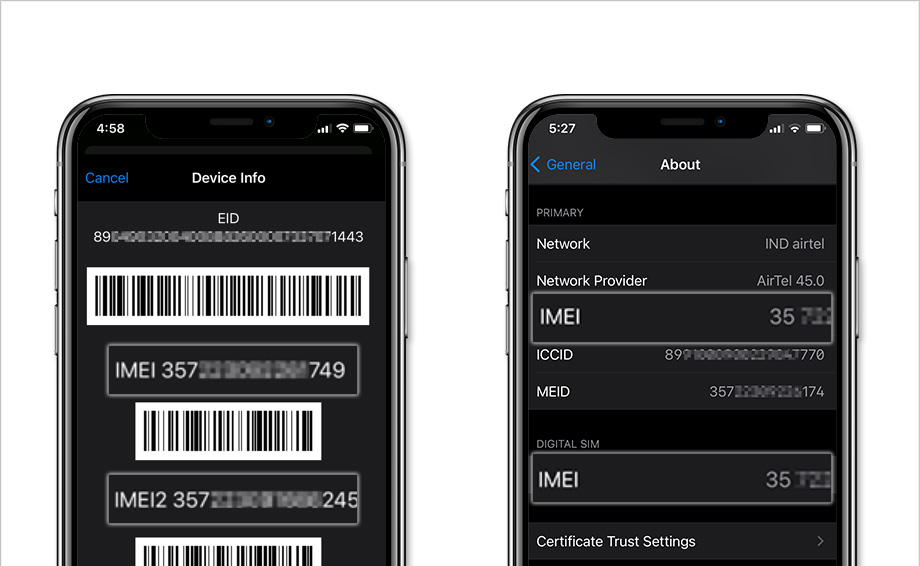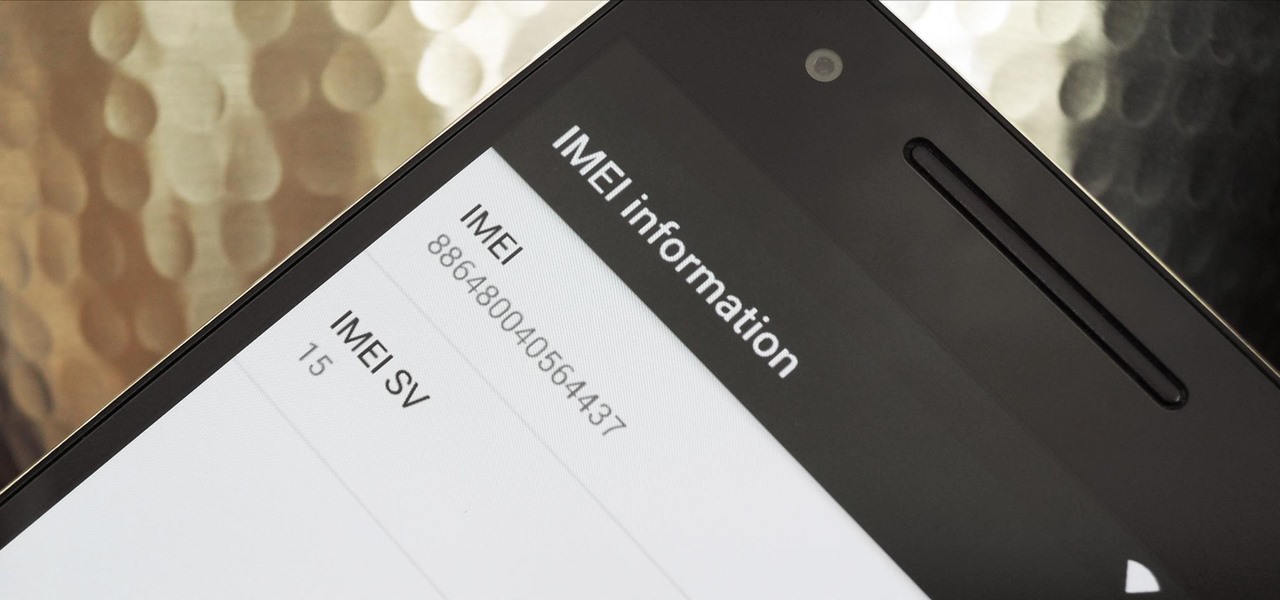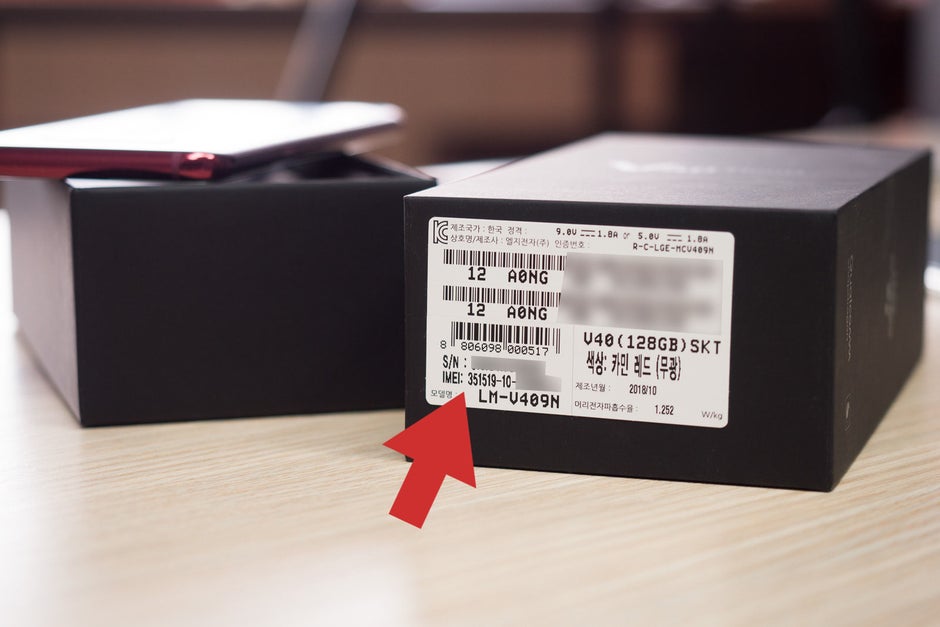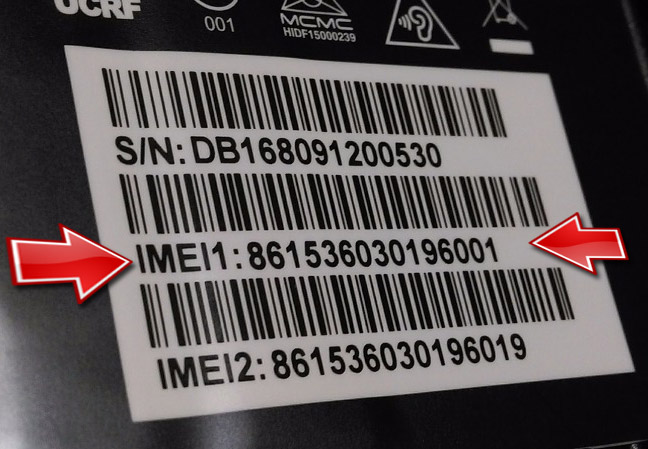IMEI numbers play a crucial role in the process of locating missing phones. These unique codes assigned to every mobile device serve as a digital fingerprint, allowing authorities and mobile carriers to track a phones location in case it goes missing or is stolen.
By accessing databases that store information on registered IMEI numbers, law enforcement agencies can pinpoint the whereabouts of a missing device with precision. This tracking capability not only helps in recovering lost phones but also aids in deterring theft and ensuring the safety of individuals in possession of mobile devices.
1. What is an IMEI Number and How Does it Work?

An IMEI number, or International Mobile Equipment Identity number, is a unique code assigned to each mobile device. This 15-digit number serves as a digital fingerprint for the phone, allowing it to be identified and tracked by mobile networks and authorities.
The IMEI number works by communicating with cell towers to establish a connection and enable calls, texts, and data usage. In the case of a missing phone, the IMEI number is crucial in locating the device by tracking its signal and pinpointing its exact location.
It plays a significant role in preventing theft and aiding in the recovery of lost or stolen phones.
2. How IMEI Numbers Help in Tracking Lost or Stolen Phones

IMEI numbers play a crucial role in tracking lost or stolen phones by providing a unique identifier for each device. When a phone is reported missing, the IMEI number can be used by law enforcement agencies and mobile operators to trace the devices location.
This can be done through GPS tracking or by monitoring the phones activity on the network. In addition, IMEI numbers can also be used to remotely lock or wipe the data on a missing device, ensuring that sensitive information does not fall into the wrong hands.
By utilizing IMEI numbers, the chances of recovering a lost or stolen phone are significantly increased, making them a valuable tool in combating phone theft.
3. The Significance of IMEI Numbers in Locating Missing Phones

IMEI numbers play a crucial role in the process of locating missing phones, as they serve as unique identifiers for each device. By tracking the IMEI number of a lost or stolen phone, authorities and mobile carriers can pinpoint the exact location of the device, providing crucial information for recovering it.
Additionally, IMEI numbers can help prevent unauthorized use of the phone by blacklisting the device across networks, rendering it useless for anyone attempting to use it. This level of security ensures that the phone remains safe and protected, even in the event of theft or loss.
Conclusion
In conclusion, IMEI numbers play a crucial role in locating missing phones. By providing unique identifiers for each device, authorities and mobile operators can track the location of a missing phone and potentially recover it.
Furthermore, IMEI check can help verify the authenticity of a device and prevent theft. Overall, understanding the significance of IMEI numbers can help protect against phone theft and improve the chances of recovering lost or stolen devices.


